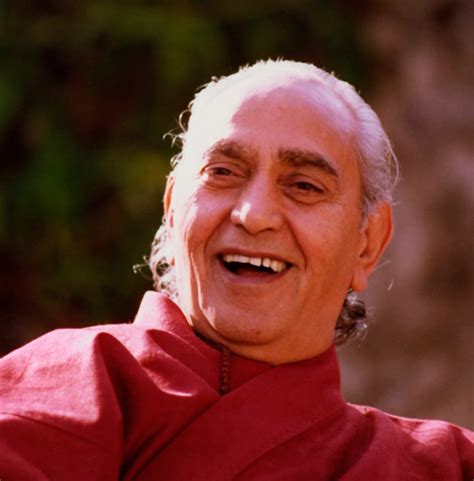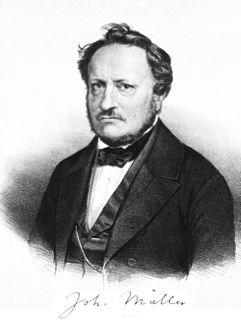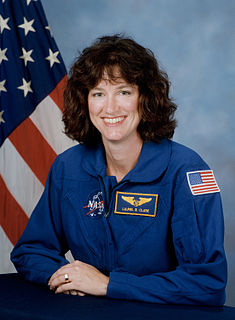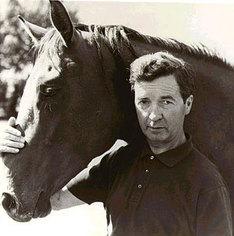A Quote by Ralph Waldo Emerson
The universe is the externisation of the soul. Wherever the life is, that bursts into appearance around it. Our science is sensual, and therefore superficial. The earth, and the heavenly bodies, physics, and chemistry, we sensually treat, as if they were self-existent; but these are the retinue of that Being we have.
Related Quotes
If all our common-sense notions about the universe were correct, then science would have solved the secrets of the universe thousands of years ago. The purpose of science is to peel back the layer of the appearance of the objects to reveal their underlying nature. In fact, if appearance and essence were the same thing, there would be no need for science.
The best moments on earth are those during which we meditate upon heavenly things in general, when we recognize or defend the truth, that heavenly dweller and denizen. Only then do we truly live. Therefore, the essential interests of the soul require that we should oftener rise above the earth, upwards to heaven, where is our true life, our true country, which shall have no end.
For I wondered that others, subject to death, did live, since he whom I loved, as if he should never die, was dead; and I wondered yet more that myself, who was to him a second self, could live, he being dead. Well said one of his friend, "Thou half of my soul"; for I felt that my soul and his soul were "one soul in two bodies": and therefore was my life a horror to me, because I would not live halved. And therefore perchance I feared to die, lest he whom I had much loved should die wholly.
You and I were among those who used their agency to accept Heavenly Father's plan to come to earth, to have a mortal life, to progress. "We shouted for joy ... to have the opportunity of coming to the earth to receive bodies [for we knew] that we might become, through faithfulness, like unto our Father, God." Now we are here on earth, where opportunities to use our agency abound; for here "there is an opposition in all things." This opposition is essential to the purpose of our lives.
The mathematical thermology created by Fourier may tempt us to hope that, as he has estimated the temperature of the space in which we move, me may in time ascertain the mean temperature of the heavenly bodies: but I regard this order of facts as for ever excluded from our recognition. We can never learn their internal constitution, nor, in regard to some of them, how heat is absorbed by their atmosphere. We may therefore define Astronomy as the science by which we discover the laws of the geometrical and mechanical phenomena presented by the heavenly bodies.
Did chemistry theorems exist? No: therefore you had to go further, not be satisfied with the quia, go back to the origins, to mathematics and physics. The origins of chemistry were ignoble, or at least equivocal: the dens of the alchemists, their abominable hodgepodge of ideas and language, their confessed interest in gold, their Levantine swindles typical of charlatans and magicians; instead, at the origin of physics lay the strenuous clarity of the West-Archimedes and Euclid.
Science may explain the world, but we still have to explain science. The laws which enable the universe to come into being spontaneously seem themselves to be the product of exceedingly ingenious design. If physics is the product of design, the universe must have a purpose, and the evidence of modern physics suggests strongly to me that the purpose includes us
All beings exist in an invisible state and then come to a state of visibility. Change occurs only on the surface, for the self-existent glory remains unchanged; changing form does not affect the self-existent Reality. Atman, Soul or the Self, dwells in all that is perishable, yet it remains imperishable.
Man is spiritual being -- a soul, in other words -- and that this soul takes on different bodies from life to life on earth to order at last to arrive at such perfect knowledge, through repeated experience, as to enable one to assume a body fit to be the dwelling-place of a Mahatma or perfected soul. Then, they say, that particular soul becomes a spiritual helper to mankind.
The universe bursts into existence from life, not the other way around as we have been taught. For each life there is a universe, its own universe. We generate spheres of reality, individual bubbles of existence. Our planet is comprised of billions of spheres of reality, generated by each individual human and perhaps even by each animal.










































